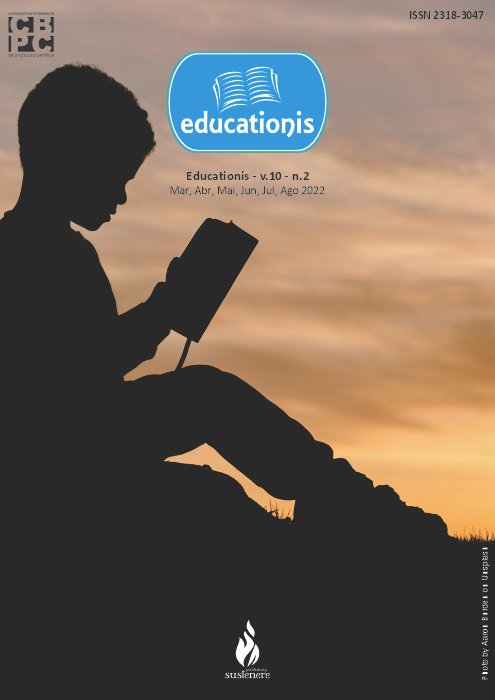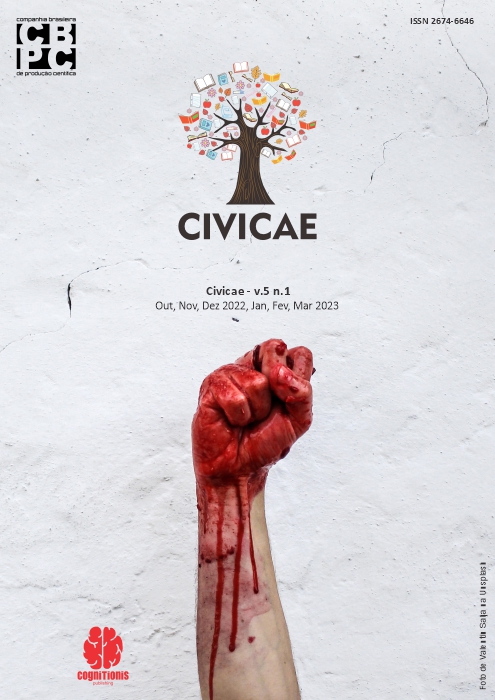Inclusive education as innovation technology transfer strategies in the Cerrado
DOI:
https://doi.org/10.6008/CBPC2318-3047.2022.002.0010Keywords:
Innovation, Extractivism, Thick, Bahia, EconomyAbstract
The paradigm shift that promotes progressive educational actions must be adapted to each local reality. Therefore, the relevance and need for inclusive education in promoting innovation technology transfer in the Cerrado. In this way, the transfer of technology for innovation can be effective for the dissemination of our extractive activities and products in the Brazilian Cerrado, being an alternative that needs entrepreneurship to qualify extractivists and entrepreneurs. In this way, the present study seeks to understand the transfer of innovation technology in the Cerrado and its dynamics with extractivism through inclusive education mainly disseminated by Universities, being a systematic review involved three fundamental processes, first the search in the Scielo, Web of Science, Google platforms Academic of publications between 2012 and 2022, considering the following descriptors: technology transfer; innovation in the Cerrado; extractivism; technological innovation policies; inclusive education technology; incubators; patents. After that, 45 articles were first selected and of these 15 for analysis. The analysis considered the guiding theme of the study. Hopefully, this will contribute to the dysfunction of knowledge about extractivism and highlight the technology transfer strategies of innovation in the Cerrado. However, it should be noted that women have less access to positions, information and prominence in society, as demonstrated in pioneering studies.
Downloads
Downloads
Published
Issue
Section
License
Copyright (c) 2022 Educationis

This work is licensed under a Creative Commons Attribution-NonCommercial-NoDerivatives 4.0 International License.
The CBPC - Companhia Brasileira de Produção Científica (Brazil CNPJ: 11.221.422/0001-03) the material rights of the published works. The rights relate to the publication of the work anywhere in the world, including rights to renewals, expansions and dissemination of the contribution, as well as other subsidiary rights. All electronically published works may subsequently be published in printed collections under the coordination of this company and / or its partners. The authors preserve the copyright, but are not allowed to publish the contribution in another medium, printed or digital, in Portuguese or in translation.









